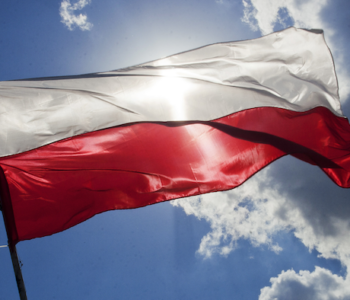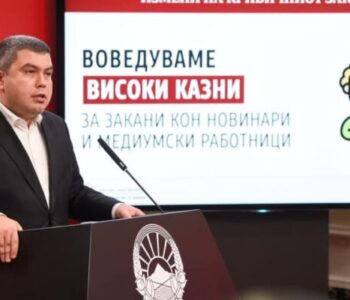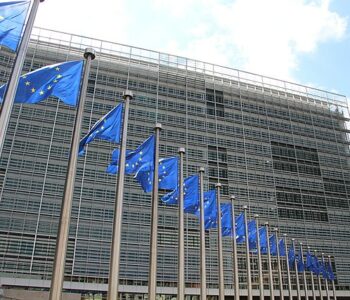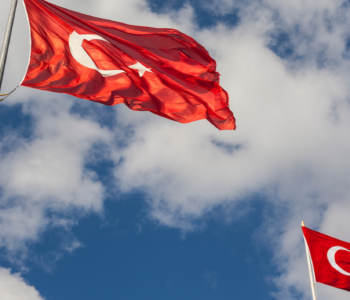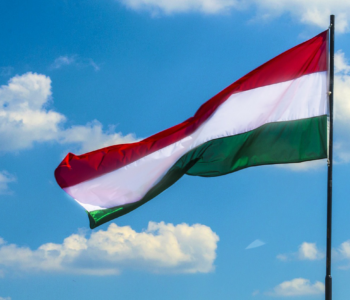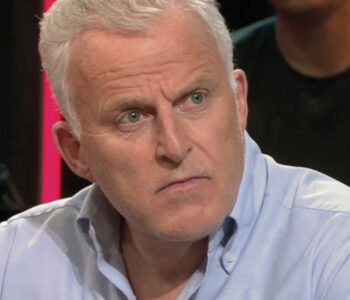 Library
Library
Disturbing pattern of violence and harassment at COVID-related protests…
Disturbing pattern of violence and harassment at COVID-related protests across Europe
The partners in the Media Freedom Rapid Response (MFRR) are highly concerned by a barrage of attacks and harassment of journalists by protesters at demonstrations across Europe in recent weeks against new government measures taken in light of the Coronavirus-pandemic. They fit a disturbing pattern observed throughout the region of increasing violence, harassment and intimidation of journalists and media workers at COVID-related protests, rooted in growing anti-media sentiment that fuels anger and distrust:
- In Germany, Jörg Reichel, the regional manager of the German journalists’ union dju in ver.di, was brutally attacked on the margins of an unauthorised “Querdenken” demonstration in Berlin on 1 August. He had documented physical assaults against media workers at the protest and journalists being insulted, threatened, and spat upon. Reichel’s regular monitoring of the increasing hostility at demonstrations had already made him the target of threats and defamation by “Querdenken” followers, and his name and photo had been circulated in their Telegram channels.
- In France, on 31 July, two AFP journalists were insulted, booed and spat on by groups of demonstrators during one of the protests against the health pass in Paris. As a result, the agency decided to suspend its coverage of the demonstration. At a rally in Belfort, protesters attempted to break into the offices of regional newspaper L’Est Républicain and the premises of Radio France Bleu Belfort Montbéliard, where they also insulted and intimidated a journalist and technician and threw eggs at the building’s façade, referring to the media spreading “government lies”. The same day, the windows of regional newspaper Dauphiné Libéré in Annecy were tagged with words and slogans insulting the work of the editorial staff, including references to World War II-era collaboration. Journalists were also targeted at earlier protests against the COVID-pass. On 24 July, two journalists working for France Télévisions were insulted, pushed and chased by several individuals protesting in Marseille. On 22 July, two journalists working for commercial channel BFM TV were verbally abused while covering a demonstration in front of the Senate in Paris. Reporter Igor Sahiri described the incident as a “torrent of hatred” and said the altercation would have turned violent had they not been accompanied by two security guards. They were forced to leave the rally. And on 17 July, a photographer for Radio Bip/Média 25 was assaulted at a protest against the COVID pass in Besançon. When he recognised one of the protesters, the latter punched him in the face, adding that “we’ll get you in the end” and “it’ll be like this every week, we’ll kill you, leftist.”
- In Italy, numerous journalists and reporters covering demonstrations against the COVID-19 “green pass” were attacked, insulted and threatened by protesters. On 24 July, Saverio Tommasi of Fanpage.it was attacked at a protest in Firenze. Tommasi was kicked in the leg, had water thrown at his back and was insulted and threatened by protestors, who also attempted to steal his equipment. He described the attacks as “repeated, continued and violent”, adding that “they wanted to stop me from working”. On the same day, the National Federation of the Italian Press (FNSI) reported verbal and physical attacks on journalists working for public broadcaster RAI and dailies Il Secolo XIX, La Repubblica and Genova 24 in at least six cities: Milan, Genova, Firenze, Rome, Bologna and Turin. While the exact number of incidents was not recorded, numerous journalists’ associations across the country condemned hostility, both on the streets and online, against reporters in their region, including in Emilia Romagna, Liguria and Lombardia.
- In Spain, a reporter for Antena 3 TV was threatened and insulted while she was covering a demonstration in Madrid against mask-wearing and vaccinating minors on 24 July. Journalists and media workers of Telemadrid and LaSexta were booed and called “murderers”.
- In Slovakia, protesters against vaccine rules attacked, jostled and insulted a reporter and camera operator working for privately-owned TV Markiza, obstructing and damaging their camera.
- In Cyprus, on 18 July, a large crowd of demonstrators against new COVID-19 measures, including introducing a SafePass and mandatory vaccination, attacked TV station Sigma TV, attacking dozens of staff, vandalising the headquarters and setting cars outside on fire.
The COVID-19 pandemic and the measures taken in response to it have underscored the need for a free, pluralistic media that can convey critical information to the public and independently report on far-reaching government intervention in many aspects of public and private life. It is worrying to see that journalists and media workers are more and more perceived as enemies of the people during protests, when journalism’s mission is precisely to give them a voice.
In light of the many serious incidents outlined above, we call on governments across the European Union to improve the protection of journalists at protests, including full-throated condemnation by politicians and public figures of violence and harassment of journalists and media workers and capacity-building of law enforcement personnel in coordination with representatives of the journalistic profession. Furthermore, there is an evident need to improve media literacy to generate a better understanding of the press’ essential role in a democratic society. In addition to action by member states, we call for a strong recommendation on the safety of journalists by the European Commission that includes concrete measures to improve the implementation of existing law and standards in this regard, in particular Council of Europe Recommendation 2016(4).
